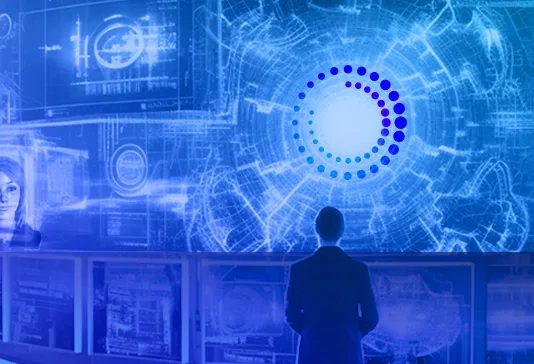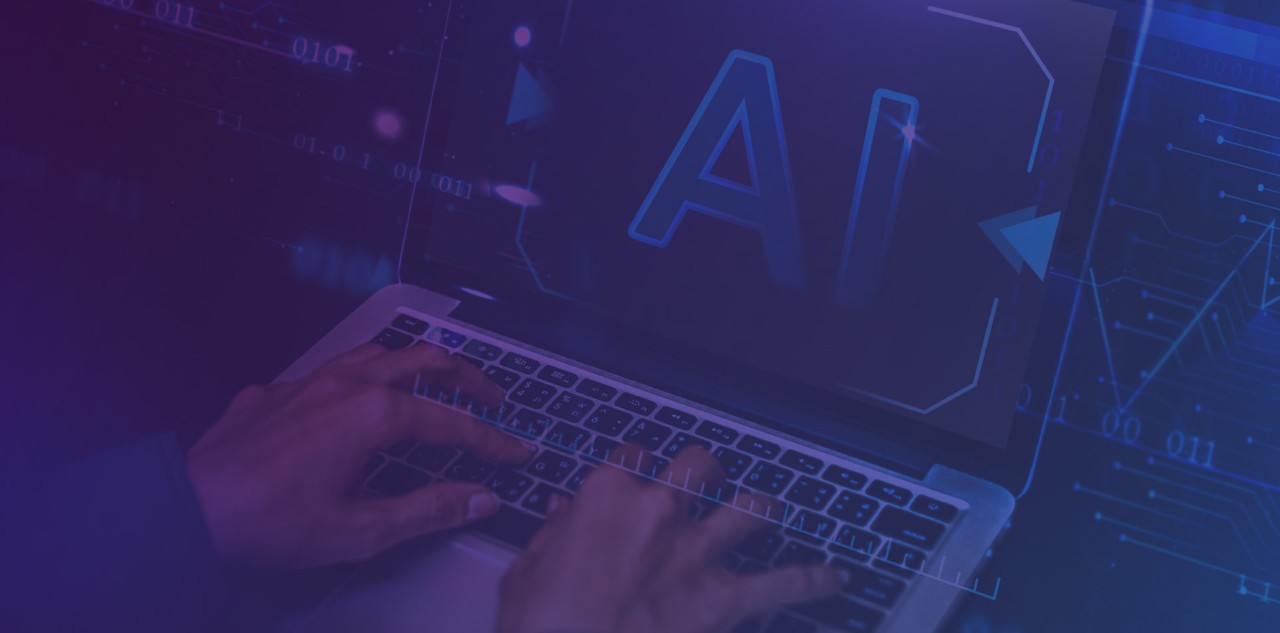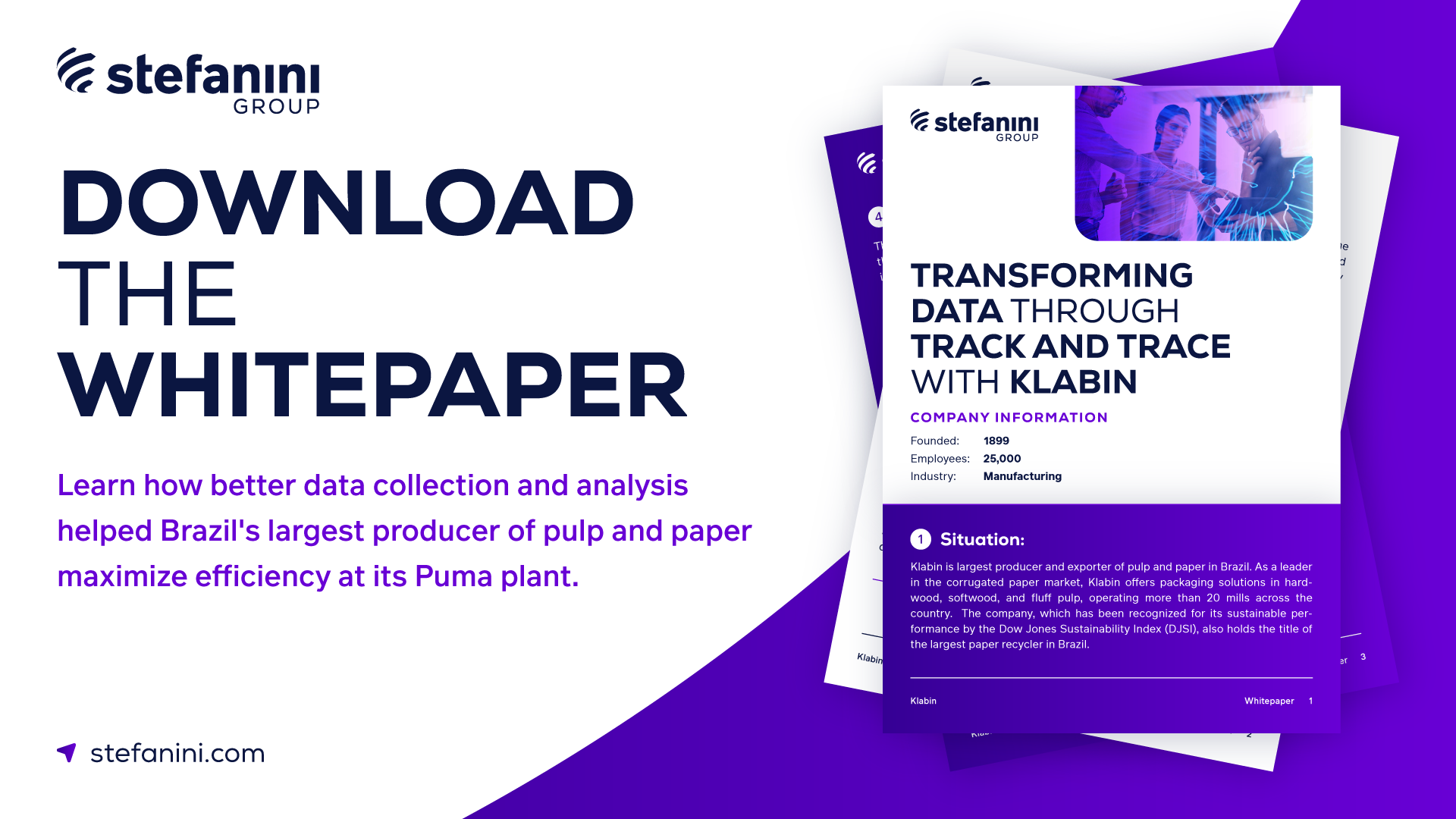In the corporate world, companies receive data and information all the time. Whether it’s from suppliers or customers, this data is available for analysis. Knowing how to extract the most valuable information from it is a differentiator. Tools based on artificial intelligence can compile data much more efficiently than a person could.
Artificial intelligence is a technology capable of carrying out activities in the place of human beings. It is comprised of software and machinery developed to behave intelligently, i.e. “think” similarly to a human being due to an ability that is part of the concept of intelligence: learning.
Unlike conventional software, solutions that exploit artificial intelligence are able to “learn” to improve the very service for which they are intended. Nowadays, you can see this software being implemented in cell phones, homes, cars, companies, etc.
Specifically in companies, artificial intelligence is used as a way of boosting results, increasing productivity and saving time. It can be implemented in various sectors to improve task performance and help management professionals map out processes.
7 main applications of artificial intelligence in companies
Chatbots
Chatbots use language to converse with people in a natural and pre-programmed way. They recognize names and phone numbers and reproduce human behavior.
They can be integrated with other tools and databases, automating simple routines for registering, updating, and consulting information. These integrations make services faster, improving the customer experience.
An example of a company that has invested in AI through chatbots is CNH Industrial, a leading global capital goods company. The platform is responsible for taking calls that are considered simple. There has been a 10% reduction in the volume of calls to the help desk and an 80% reduction in the response time for opening tickets.
Management applications
Artificial intelligence applications for management are most commonly used in corporations. They are useful for identifying which employees are performing their tasks most efficiently.
Having this type of tool helps managers make decisions, as they have accurate and reliable information about the company’s processes at their disposal. When the data is relevant, it is easier to analyze which actions are working and which are not.
Personal assistant
Commonly used to schedule meetings, appointments, and everyday activities, artificial intelligence as a personal assistant is capable of going much further. One of the best known examples is Siri, found in Apple products. It recognizes voice commands and acts as a facilitator for different everyday functions.
Due to artificial intelligence machine learning, this type of software undergoes constant updates. With preference data, it anticipates requests based on trends in each person’s behavior, meaning that the user experience is always improving.
In companies, the virtual assistant can help direct the user to the service that best suits their needs, speeding up processes for employees and service providers. One example applied to companies is Aixa, Caixa Econômica Federal’s virtual assistant, which has helped the bank become a benchmark in virtual customer service in Brazil.
Security mechanisms
Artificial intelligence can also be developed as a security mechanism for both digital attacks and everyday situations such as events.
On the digital side, the most common example is internet banking. An artificial intelligence service linked to the servers that host the services that make up the site can identify attempted attacks faster than a human can. It can also analyze new types of attacks that have been successful and create ways of neutralizing them to prevent further occurrences.
As a physical world example, let’s look at traffic cameras. AI services use the interpretation of traffic cameras in order to make decisions that improve the flow of traffic on the roads. Facial recognition services also use artificial intelligence, so we can say that AI is also able to help track down criminals by analyzing security camera images.
Predictions
Machines equipped with artificial intelligence in companies can be developed to predict human behavior in certain circumstances. This technology can be used in marketing campaigns, for example, to predict different scenarios and possible outcomes.
Based on the data captured, managers will have more information at their disposal to determine the paths the company should follow in accordance with the expected results of the strategy. Weather forecasting was one of the first aspects in which artificial intelligence helped humanity, through IBM’s Watson supercomputer.
Sales and marketing
One of the main advantages of using artificial intelligence in companies is to provide better quality customer service. Personalizing customer service offers practicality and comfort.
Machine learning is an application in which the system learns to act on its own without having to be programmed for the new function. Based on its own collected data, the program adapts itself.
Teaching
In Brazil and around the world, education is changing more and more. The way content is taught by teachers doesn’t always produce the expected results. Increasingly, and to enhance the classroom, teaching has demanded greater interaction between students and teachers.
A very interesting proposal is to have computer technology be the teacher. In this case, it would act as a teacher who is available to students 24 hours a day. It could be consulted at any time and would offer personalized, quality education.
Implementing artificial intelligence in companies can boost results, increase process agility, and reduce operating costs. In addition to these advantages, it improves the user experience, so that data is much more accessible and correct. The reports generated are closer to reality, helping to create insights that improve the final process.
Preparing a company to use artificial intelligence requires planning. That’s why you can count on our partnership to envision and implement processes related to artificial intelligence and digital transformation.
Did you like learning more about the applications of artificial intelligence in companies? Share this content on your social networks so it can help more people!




















